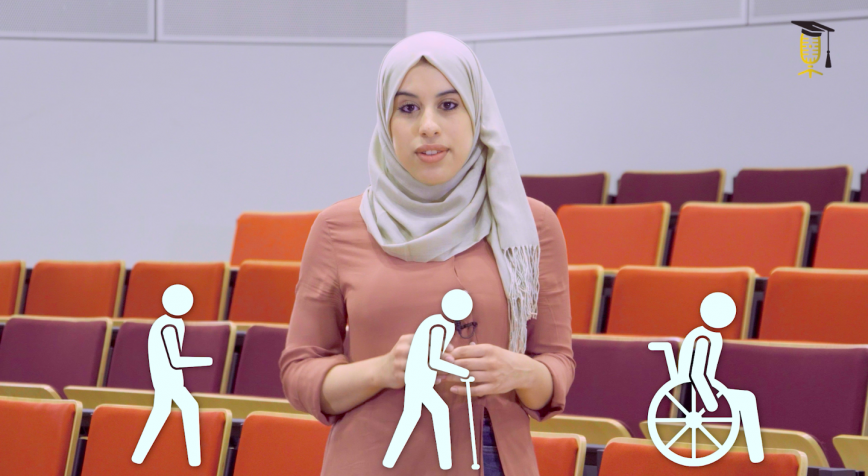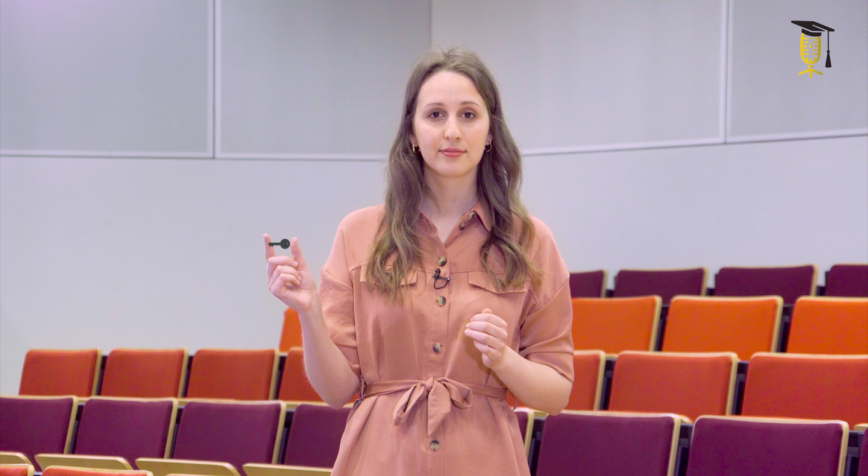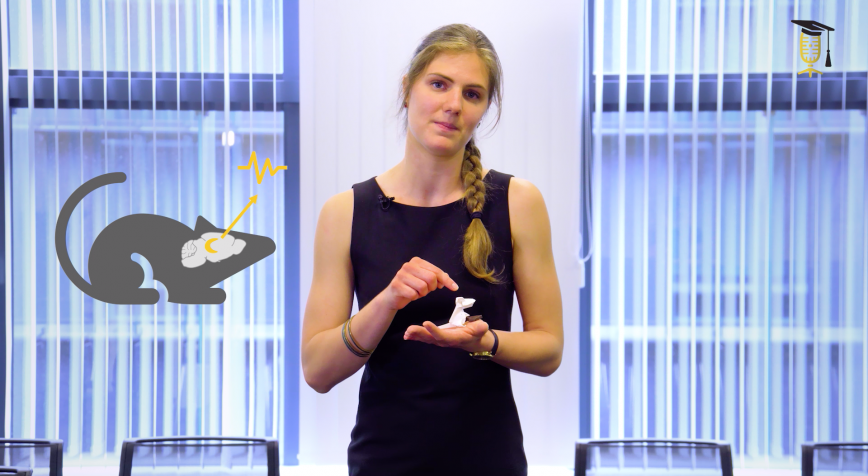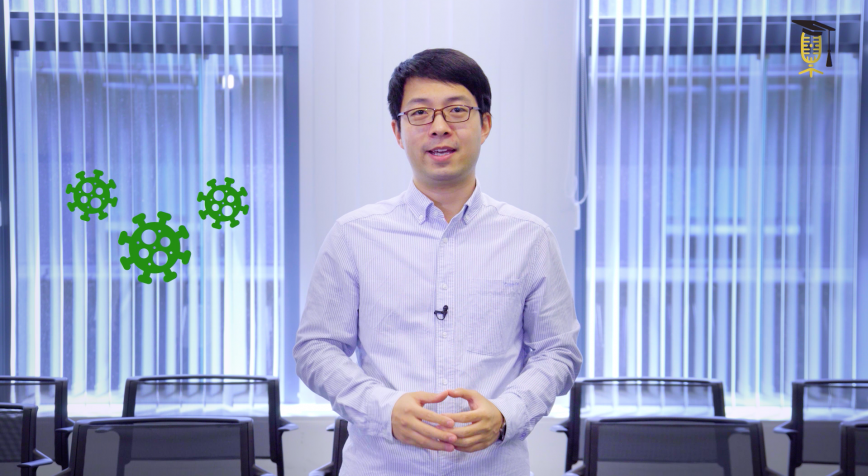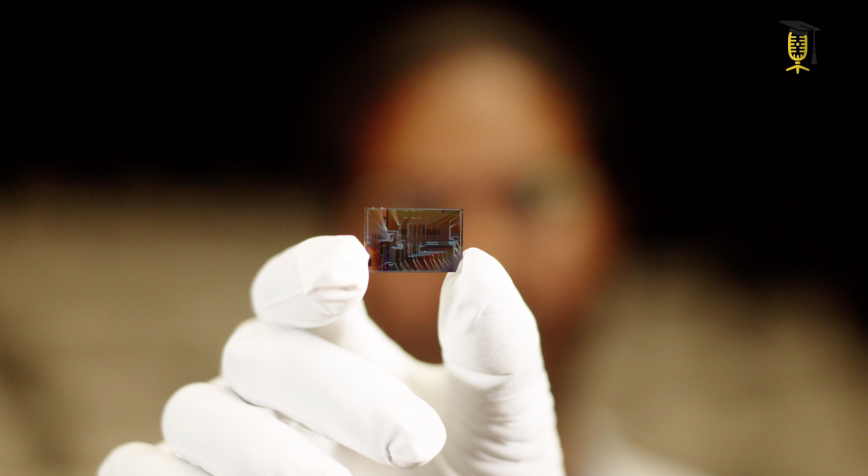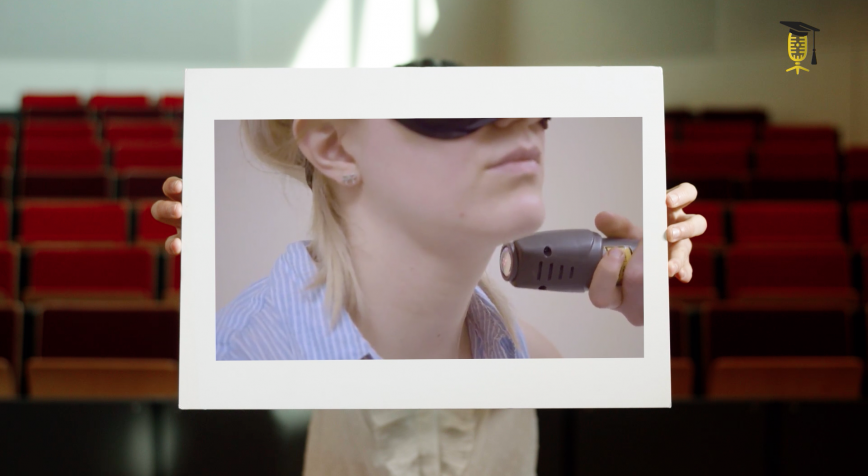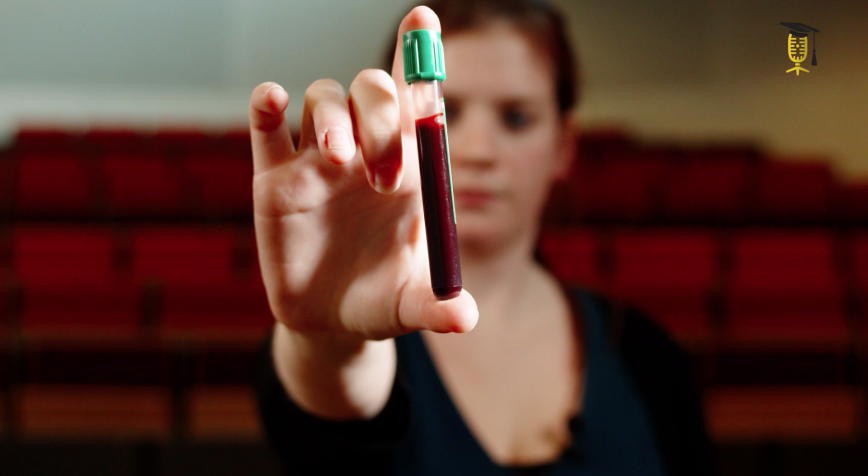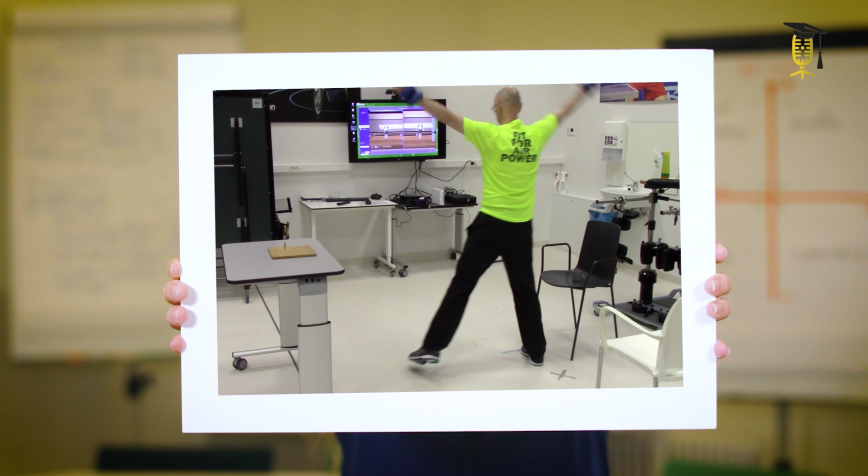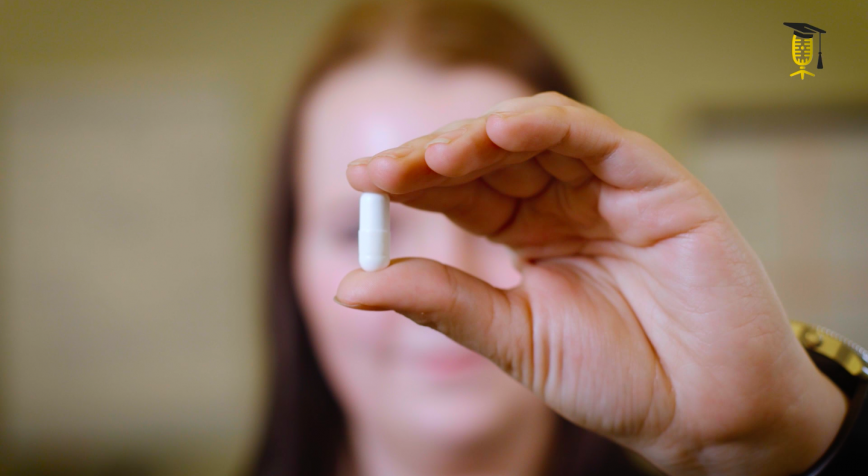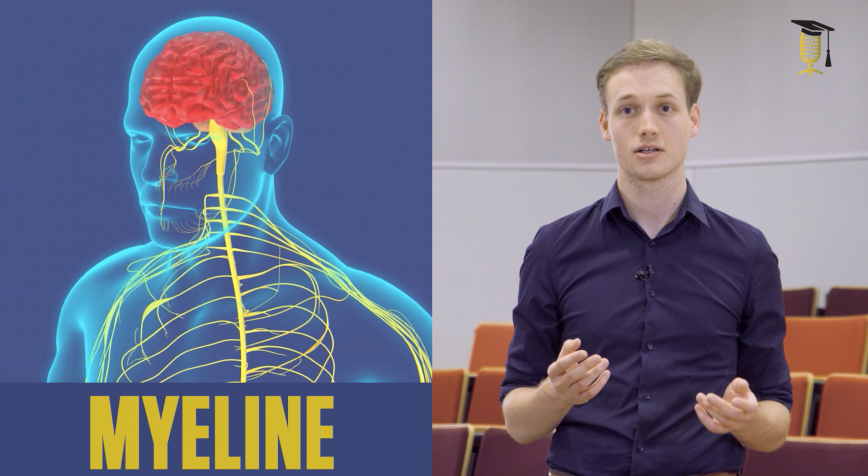
FWO
UHasselt
Is the key to MS therapy hidden in your body?
Immune cells serve to protect us. In multiple sclerosis, however, some immune cells just turn against the body and damage the nervous system. Sam Vanherle (Hasselt University) wants to detect these 'bad guys' in patients' blood and get them back on the right track. 💉
